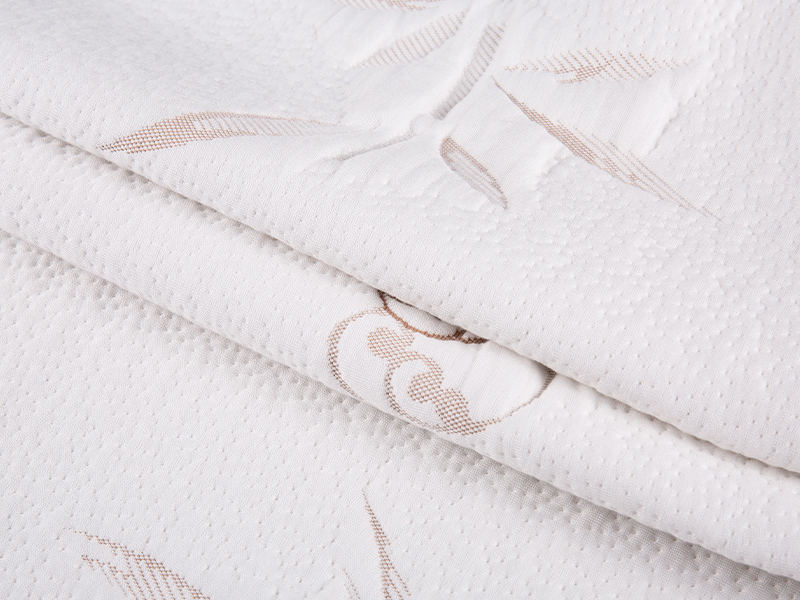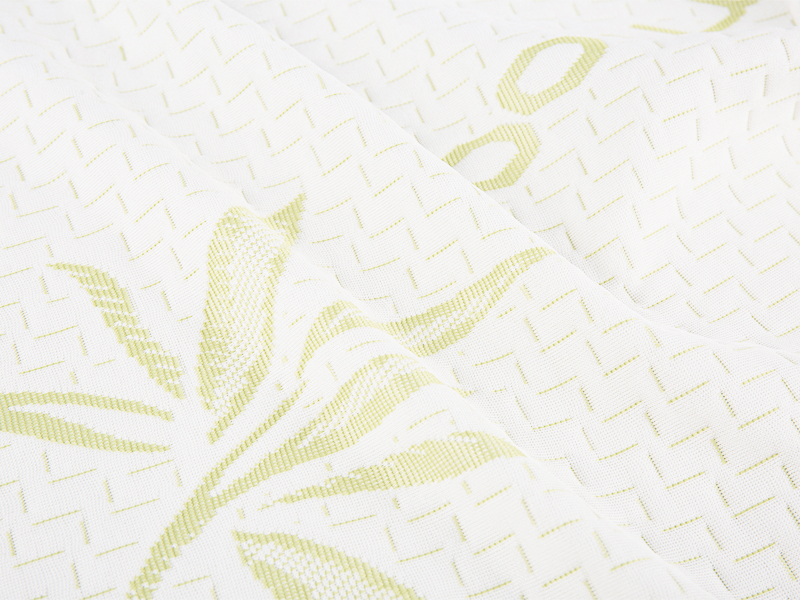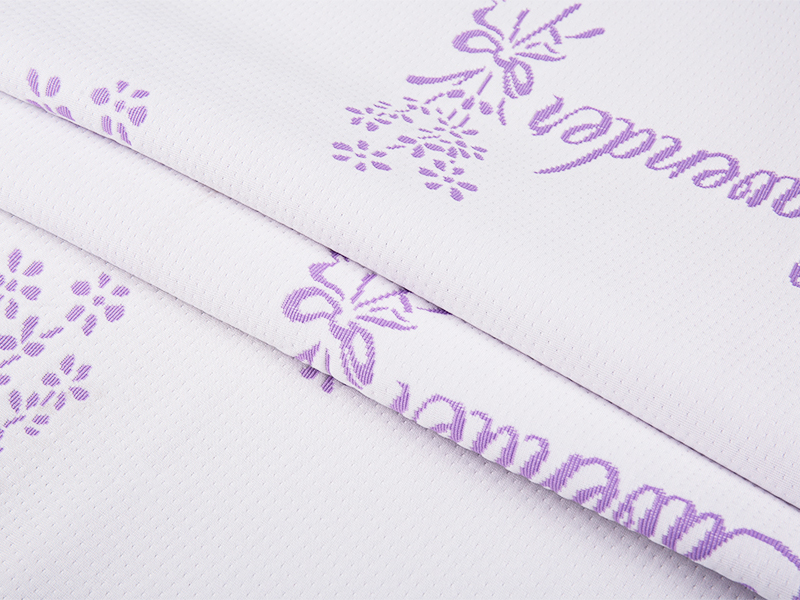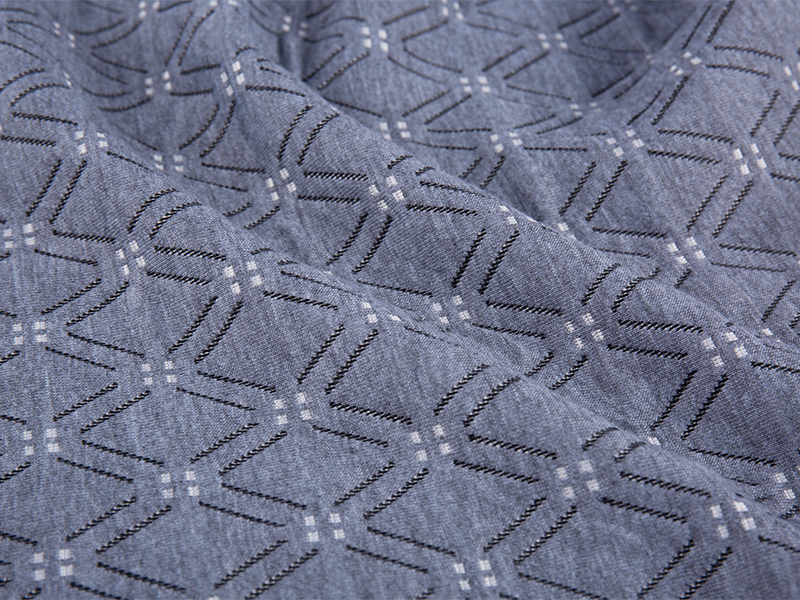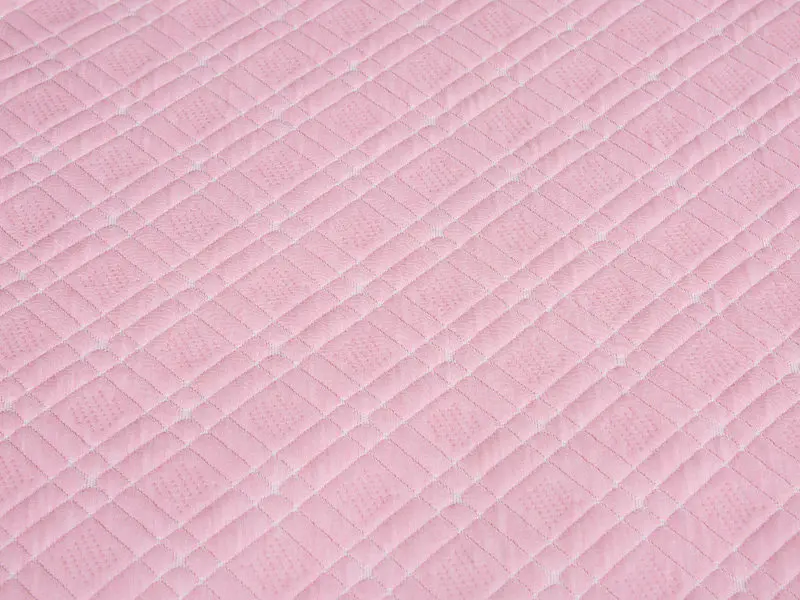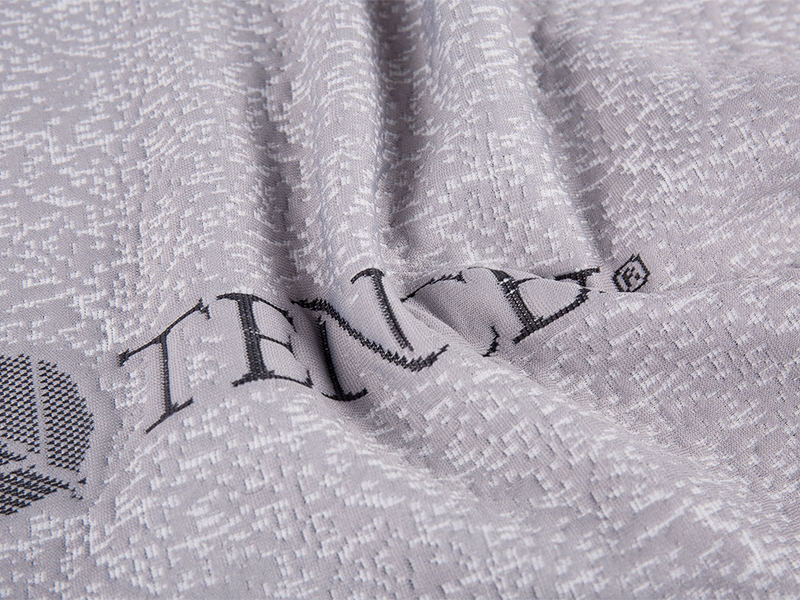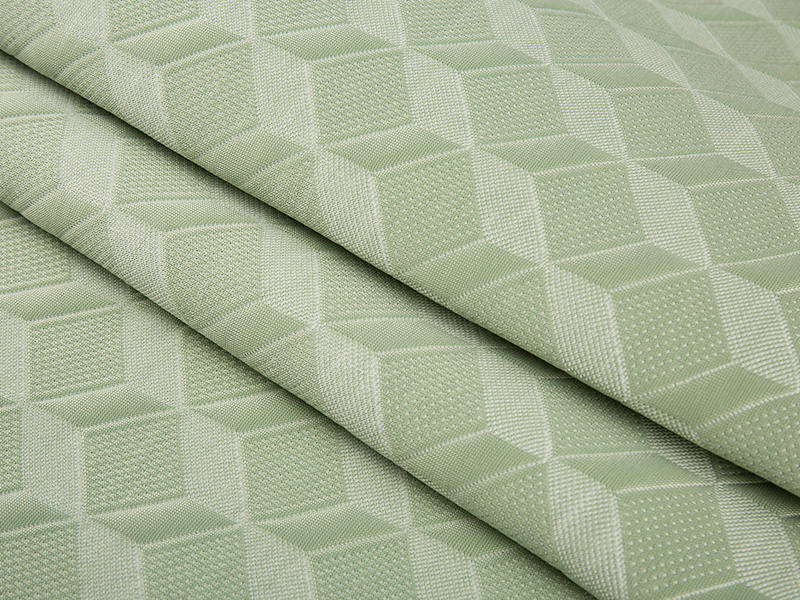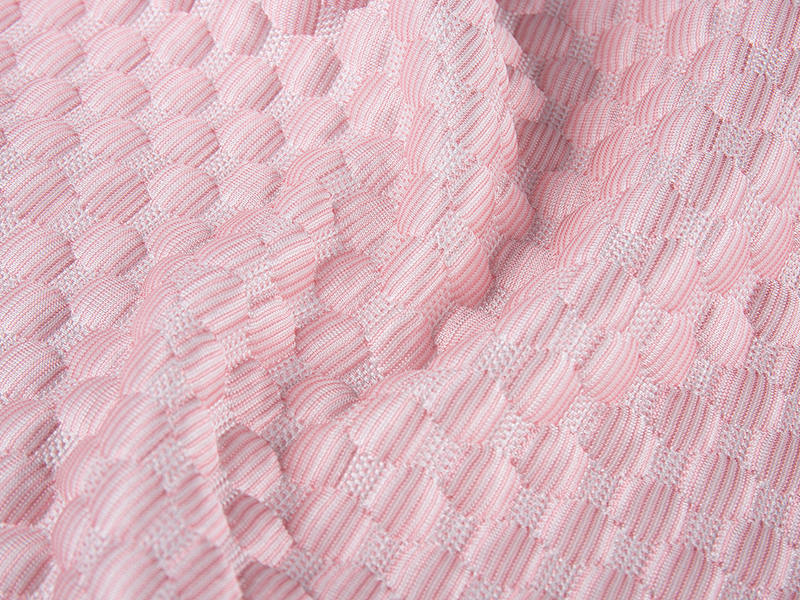- 1 Why Choose Organic Cotton Mattress Fabric for a Healthier Sleep
- 2 Top 5 Benefits of Breathable Organic Cotton Mattress Covers
- 3 How to Identify Certified Organic Cotton Bedding Materials
- 4 Comparing Organic Cotton vs Bamboo Mattress Fabrics
- 5 Best Practices for Washing Organic Cotton Mattress Protectors
- 6 Long-Term Maintenance of Organic Cotton Mattress Fabrics
Why Choose Organic Cotton Mattress Fabric for a Healthier Sleep
When it comes to creating a sleep environment that promotes wellness, organic cotton mattress fabric stands out as a top choice. Unlike conventional cotton, organic cotton is grown without harmful pesticides or synthetic fertilizers, making it safer for both your skin and the environment. The fabric’s natural breathability helps regulate body temperature, reducing night sweats and discomfort. Additionally, its hypoallergenic properties make it ideal for those with sensitive skin or allergies.
Compared to synthetic fabrics like polyester, organic cotton mattress fabric offers superior moisture-wicking capabilities. While polyester tends to trap heat, organic cotton allows air to circulate freely, keeping you cool throughout the night. Below is a quick comparison:
| Feature | Organic Cotton | Polyester |
|---|---|---|
| Breathability | High | Low |
| Moisture Absorption | Excellent | Poor |
| Hypoallergenic | Yes | No |
Environmental Impact of Organic Cotton
Beyond personal health benefits, organic cotton mattress fabric supports sustainable farming practices. Traditional cotton farming consumes vast amounts of water and relies heavily on chemicals, whereas organic cotton uses rainwater more efficiently and maintains soil health. Choosing organic helps reduce your carbon footprint while ensuring a toxin-free sleeping surface.
Top 5 Benefits of Breathable Organic Cotton Mattress Covers
If you’re considering upgrading your sleep setup, breathable organic cotton mattress covers provide numerous advantages. Here’s why they’re worth the investment:
- Temperature Regulation: The natural fibers allow air to flow, preventing overheating.
- Durability: High-quality organic cotton resists pilling and maintains softness over time.
- Eco-Friendly: Free from toxic dyes and chemicals, reducing environmental harm.
- Hypoallergenic: Resists dust mites and mold, perfect for allergy sufferers.
- Comfort: Softer than conventional cotton, offering a luxurious feel.
How Breathability Enhances Sleep Quality
Breathable organic cotton mattress covers excel in maintaining an optimal sleep climate. Unlike memory foam toppers that may retain heat, organic cotton wicks away moisture, keeping you dry. This is particularly beneficial for hot sleepers or those living in humid climates. Additionally, the fabric’s natural elasticity ensures a snug fit without compromising airflow.
How to Identify Certified Organic Cotton Bedding Materials
Not all products labeled "organic" meet strict standards. To ensure authenticity, look for these certifications when shopping for certified organic cotton bedding materials:
- GOTS (Global Organic Textile Standard): Ensures organic status from harvesting to labeling.
- OEKO-TEX Standard 100: Tests for harmful substances in textiles.
- USDA Organic: Verifies crops are grown without synthetic pesticides.
Why Certification Matters
Without proper certification, claims of being "organic" may be misleading. Certified organic cotton bedding materials undergo rigorous testing to guarantee purity. For instance, GOTS certification requires at least 95% organic fibers, while OEKO-TEX focuses on human-ecological safety. Always check labels to avoid greenwashing.
Comparing Organic Cotton vs Bamboo Mattress Fabrics
Both organic cotton and bamboo mattress fabrics are popular for their eco-friendly properties, but they differ in several ways:
| Feature | Organic Cotton | Bamboo |
|---|---|---|
| Softness | Naturally soft | Silky smooth |
| Sustainability | Uses less water than conventional cotton | Fast-growing, requires minimal pesticides |
| Durability | Highly durable | Less durable over time |
Which One Is Right for You?
If you prioritize breathability and longevity, organic cotton mattress fabric is ideal. Bamboo, while softer, may not withstand frequent washing as well. Consider your sleep needs—cotton suits hot sleepers, whereas bamboo excels in moisture absorption.
Best Practices for Washing Organic Cotton Mattress Protectors
To extend the lifespan of your washing organic cotton mattress protectors, follow these care instructions:
- Use mild, eco-friendly detergents to preserve fibers.
- Wash in cold water to prevent shrinkage.
- Avoid bleach or fabric softeners that degrade organic materials.
- Tumble dry on low heat or air-dry to maintain fabric integrity.
Common Mistakes to Avoid
High heat and harsh chemicals are the enemies of organic cotton mattress protectors. Excessive ironing can weaken fibers, while strong detergents strip natural oils. Stick to gentle cycles and natural drying methods for best results.
Long-Term Maintenance of Organic Cotton Mattress Fabrics
Proper care ensures your organic cotton mattress fabric remains fresh and supportive for years. Rotate your mattress regularly to distribute wear evenly, and use a protective cover to shield against spills. Spot-clean stains immediately with a mixture of water and vinegar to prevent setting.
When to Replace Your Organic Cotton Bedding
Even with excellent care, organic cotton fabrics eventually show wear. Look for thinning areas, loss of elasticity, or persistent odors as signs it’s time for a replacement. Typically, high-quality organic cotton mattress protectors last 5–7 years with proper maintenance.


